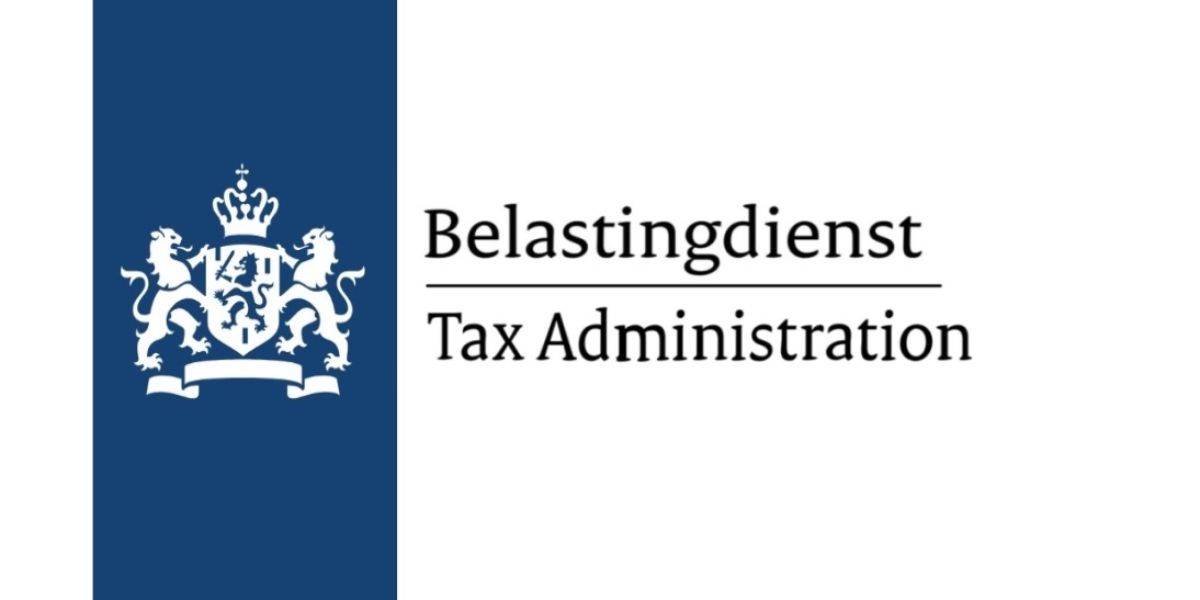On 31 December 2023, the Dutch Tax Administration released the guide on the Minimum Tax Act 2024. The Minimum Tax Act 2024, which entered into force on 31 December 2023, facilitates the implementation of the global minimum tax under Pillar 2 under the Council Directive (EU) 2022/2523 of 14 December 2022.
The guide covers key details related to this legislation, including:
The requirement to submit an additional tax information declaration for each reporting year, unless it is submitted in another country and exchanged with the Netherlands. In such cases, a declaration or notification is needed within 15 months after the end of the reporting fiscal year. However, for the first year, there are 18 months to comply. The deadline for the first reporting fiscal year, from 1 January to 31 December 2024, is 30 June 2026.
Taxpayers must submit an additional tax return and payment if there is an outstanding tax liability. This return and payment should be made within 17 months after the end of the reporting fiscal year. However, 20 months is allowed for the first fiscal year. For example, if reporting for the fiscal year is from 1 January to 31 December 2024, the due date will be 31 August 2026.
An overview of how the scheme of the Minimum Tax Act 2024 functions, which includes:
- the scope of the Minimum Tax Act 2024;
- qualifying income for the Minimum Tax Act 2024;
- the taxes concerned, including taxes from income/profits;
- how additional taxes should be calculated;
- determining the effective rate;
- allocating the additional tax proportionally to the qualifying income of the low-taxed group entities;
- the implementation of the additional tax using different measures such as the Qualified Domestic Minimum Top-Up Tax (QDMTT), the Income Inclusion Rule (IIR), and the Undertaxed Profit Rule (UTPR);
- information on various temporary and permanent safe harbor rules that eligible groups can apply to mitigate the administrative burden.















